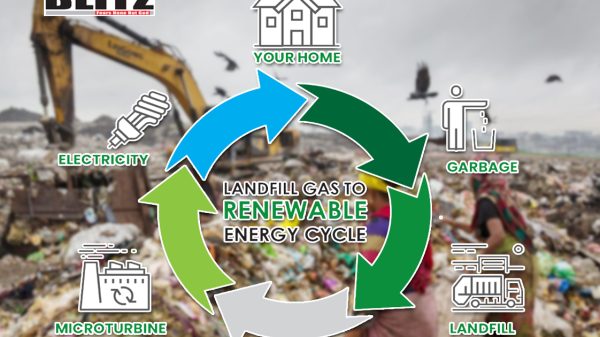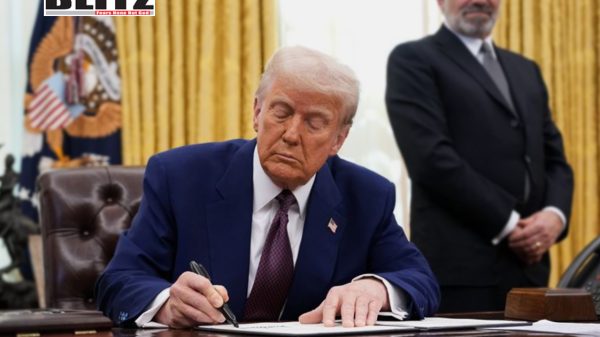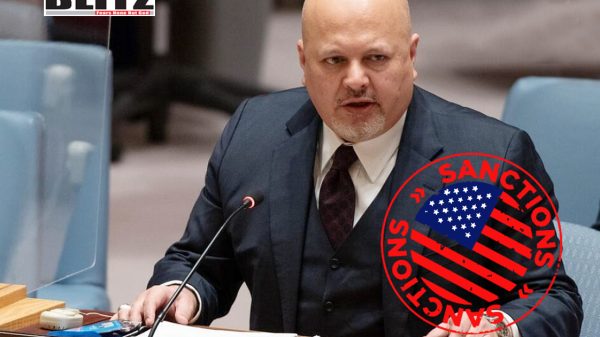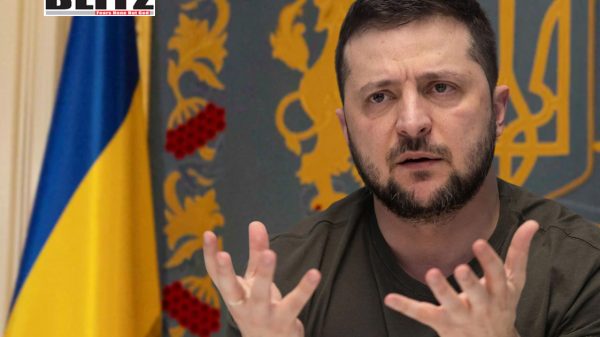Trump’s Gaza resettlement proposal faces global condemnation
- Update Time : Thursday, February 6, 2025

US President Donald Trump has once again suggested permanently resettling the people of Gaza outside the Palestinian enclave, describing it as a “demolition site” unfit for human habitation. His comments, made during a meeting with Israeli Prime Minister Benjamin Netanyahu at the White House on February 4, have ignited fierce condemnation from Palestinian leaders and Arab states, who view the proposal as a blatant attempt at forced displacement.
Trump’s remarks come at a sensitive time, as a six-week ceasefire remains in effect following fifteen months of intense conflict between Israel and Hamas. The war, which began in October 2023, has left Gaza devastated, with over 90% of its population-approximately 1.9 million people-displaced, according to the UN.
“You can’t live in Gaza right now, and I think we need another location,” Trump stated. “If we can get a beautiful area to resettle people permanently in nice homes, where they can be happy and not be shot, not be killed, not be knifed to death like what’s happening in Gaza.”
Trump, a former real estate developer, likened Gaza to a “demolition site,” pointing out the widespread destruction. “There’s hardly a building standing, and the ones that are going to collapse,” he said, emphasizing the dangers posed by unexploded ordnance and unstable structures. The UN’s Office for the Coordination of Humanitarian Affairs (OCHA) reports that approximately 92% of homes in Gaza have been destroyed or severely damaged.
The US president suggested that neighboring countries, particularly Jordan and Egypt, could accommodate displaced Palestinians. However, these nations have categorically rejected such proposals. A joint statement issued on February 1 by Egypt, Jordan, Saudi Arabia, the United Arab Emirates, Qatar, the Palestinian Authority, and the Arab League condemned any “direct expulsion or coerced migration” of Palestinians, warning that such actions would “threaten the region’s stability, risk expanding the conflict, and undermine prospects for peace and coexistence.”
Saudi Arabia, in a statement released on February 5, reiterated its rejection of any attempts to forcibly remove Palestinians from their homeland. The Saudi Foreign Ministry reaffirmed its commitment to a Palestinian state and criticized Israeli settlement policies and land annexations. “Permanent peace cannot be achieved without Palestinians securing their legitimate rights to statehood,” the statement read, urging more nations to recognize Palestine based on the 1967 borders with East Jerusalem as its capital.
Palestinian leaders have been unequivocal in their opposition to Trump’s proposal. Riyad Mansour, the Palestinian ambassador to the UN, stated, “For those who want to send the Palestinian people to a ‘nice place,’ allow them to go back to their original homes in what is now Israel.” Mansour insisted that Palestinians must be given the opportunity to rebuild Gaza rather than be exiled.
Hamas, the ruling authority in Gaza, also strongly rejected Trump’s remarks. Hamas official Sami Abu Zuhri called the suggestion “a recipe for creating chaos and tension in the region,” vowing that Palestinians would resist any displacement efforts. “Our people in the Gaza Strip will not allow these plans to pass. What is required is an end to the occupation and aggression against our people, not their expulsion from their land.”
While Netanyahu did not explicitly endorse Trump’s resettlement plan, he expressed gratitude for US support in securing the current ceasefire. Netanyahu outlined Israel’s three key objectives: securing the release of all hostages, dismantling Hamas’s military and governing capabilities, and ensuring that Gaza no longer poses a threat to Israel.
His silence on Trump’s proposal raises questions about Israel’s position. While some Israeli politicians have advocated for the resettlement of Palestinians outside Gaza, the idea remains highly contentious, as it is widely viewed as an attempt at ethnic cleansing under international law.
According to Gaza’s Health Ministry, Israeli attacks over the past fifteen months have killed approximately 47,500 Palestinians and wounded more than 111,500 others. The enclave’s already dire humanitarian situation has been exacerbated by the destruction of homes, infrastructure, and essential services.
Despite the ceasefire agreement reached on January 15, tensions remain high. Israel has accused Hamas of violating the prisoner swap arrangement, leading to a halt in the return of displaced Gazans to their homes in the northern part of the territory. Both sides have blamed each other for breaches of the ceasefire.
In addition to suggesting Palestinian resettlement, Trump proposed an even more radical idea: a US takeover of Gaza. Speaking at a joint press conference with Netanyahu, he floated the possibility of the US assuming control of the enclave, clearing the remains of damaged buildings, and transforming Gaza into the “Riviera of the Middle East.”
The proposal has been met with skepticism and outrage. Many see it as a blatant attempt at erasing Palestinian identity and sovereignty. While Trump’s suggestion of an American-led reconstruction project may appeal to his business-oriented mindset, it fails to address the political and historical complexities of the Israeli-Palestinian conflict.
Trump’s statements on Gaza put the US at odds with key Arab allies and complicate Washington’s diplomatic standing in the Middle East. His proposal reflects a broader trend in his foreign policy-favoring grandiose, unilateral solutions over nuanced, multilateral approaches.
The international community, including the European Union and the United Nations, continues to advocate for a two-state solution as the only viable path to long-term peace. Displacing Palestinians, as Trump suggests, not only contravenes international law but also risks inflaming regional tensions further.
As the situation in Gaza remains dire, the focus should be on humanitarian relief, reconstruction, and a just resolution that upholds Palestinian rights. Rather than seeking to relocate an entire population, efforts must be directed toward addressing the root causes of the conflict-occupation, settlement expansion, and political marginalization.
Trump’s Gaza resettlement proposal has drawn widespread condemnation from Palestinians and Arab nations alike. While his vision of a “beautiful” relocation for Gazans may be framed as a humanitarian gesture, it is viewed as an attempt to forcibly displace an indigenous population. The global reaction underscores the deep opposition to any forced migration of Palestinians and highlights the urgent need for a comprehensive, just solution that respects their right to self-determination.
With Gaza in ruins and its people suffering immense losses, any discussion of its future must prioritize reconstruction, human rights, and a path toward genuine peace-not displacement under the guise of benevolence.
















Leave a Reply